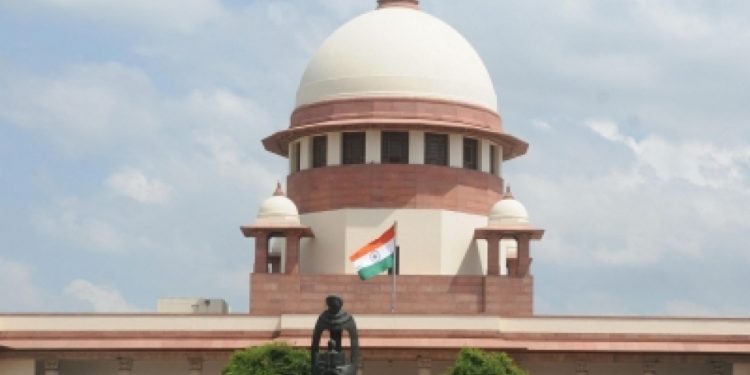New Delhi: The Centre should consider whether there can be a ‘less painful’ alternative to death by hanging way of carrying out death sentences, the Supreme Court said Tuesday. The Supreme Court asked the Centre to initiate a discussion and collect information to examine if there can be a less painful method than hanging by the neck. Attorney General R Venkataramani was asked to get back to the apex court with the report on the impact of death by hanging.
The Supreme Court said it was open to setting up a panel of experts to consider the subject. The observations came as it heard a petition seeking a ‘painless end’ for death convicts. The petition also suggests shooting, lethal injection or the electric chair instead of hanging. These are the methods usually applicable in various parts of the world, including the US.
The process of hanging is ‘absolutely cruel’, said lawyer Rishi Malhotra, reading out a Law Commission report.
“Yes, it’s a matter of reflection. We need some scientific data in our hands. Give us some study on the pain caused, we may form a committee. We will keep the matter for a later date,” Chief Justice DY Chandrachud said. He posted the matter for the next hearing May 2.
During the hearing, the judges discussed the alternatives. “Even today the question that there should be dignity in death is not in contest or inflicting less pain… Hanging seems to satisfy both these conditions… Does lethal injection satisfy on this count? In the USA it was found that lethal injection is found not to be immediate,” said Justice PS Narasimha, another members of the Supreme Court bench.
“Even lethal injection is painful. Coming to shooting, it was a favourite time-pass of military regimes, in complete violation of human rights,” the Chief Justice observed.
The judges also called for research on which chemical would be used in the lethal injection. “We have to see if this method satisfies the test of proportionality and if there is another method which can be adopted, then if death by hanging can be declared as unconstitutional,” said Justice Chandrachud.






































